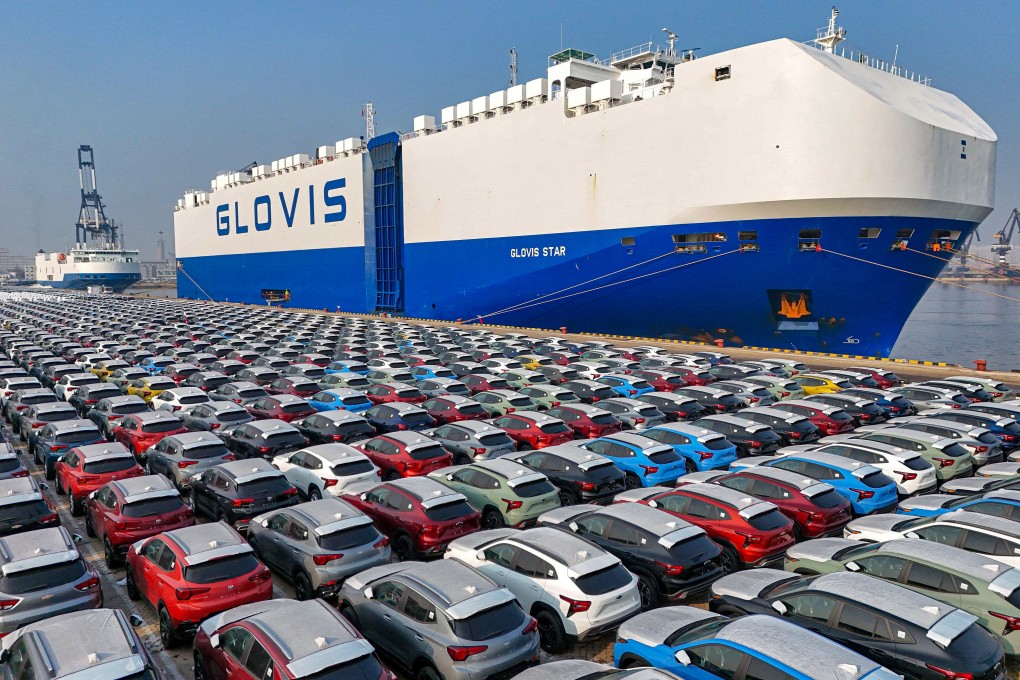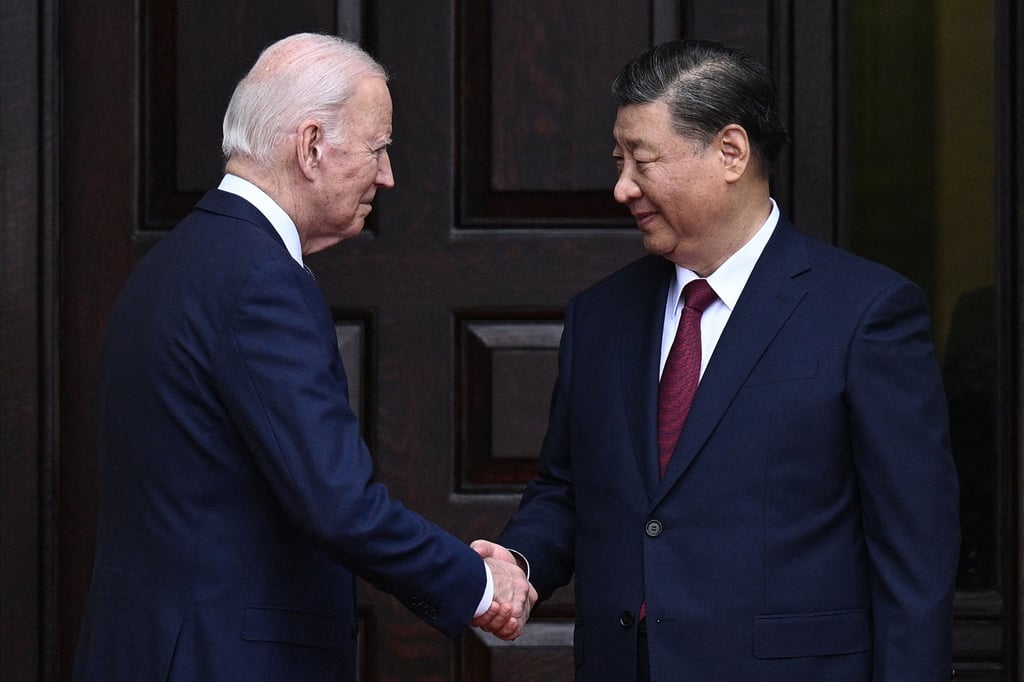US tariffs on Chinese imports might increase in 2024, analysts say
- China’s slow economic recovery suggests it may need to increase exports to other countries, including the US, which could react with new tariffs
- However, one expert contends, ‘it’s going to take longer than 2024 to get there, because it’s a process issue, and the process is not short’

Washington seems inclined to increase tariffs on Chinese imports in 2024, analysts said on Tuesday, despite opposition by Beijing and US businesses.
“We’re going to see a revival and increased attention on tariffs in 2024 from the US,” Scott Kennedy, a chair in Chinese business and economics at the Centre for Strategic and International Studies (CSIS), told a virtual panel discussion organised by the Washington think tank.
One reason Kennedy cited was China’s slow economic recovery from the Covid-19 pandemic: while domestic demand was low, Chinese government encouraged manufacturing and production, leading to overcapacity.
Therefore, he said, it will have to export more to other countries, including the US – which may respond with increasing tariffs.

Imposed since the Donald Trump administration, average US tariffs on imports from China remain elevated at 19.3 per cent. The US also has 247 anti-dumping and countervailing duty measures in place against Chinese goods, including steel, chemicals, machinery and automobiles, Kennedy added.